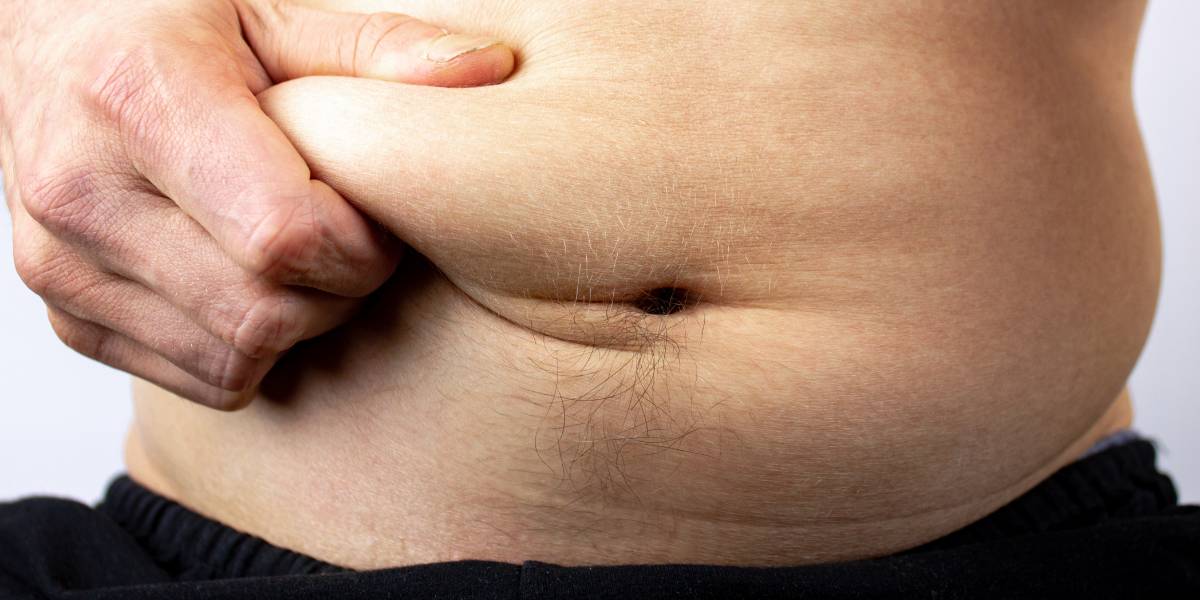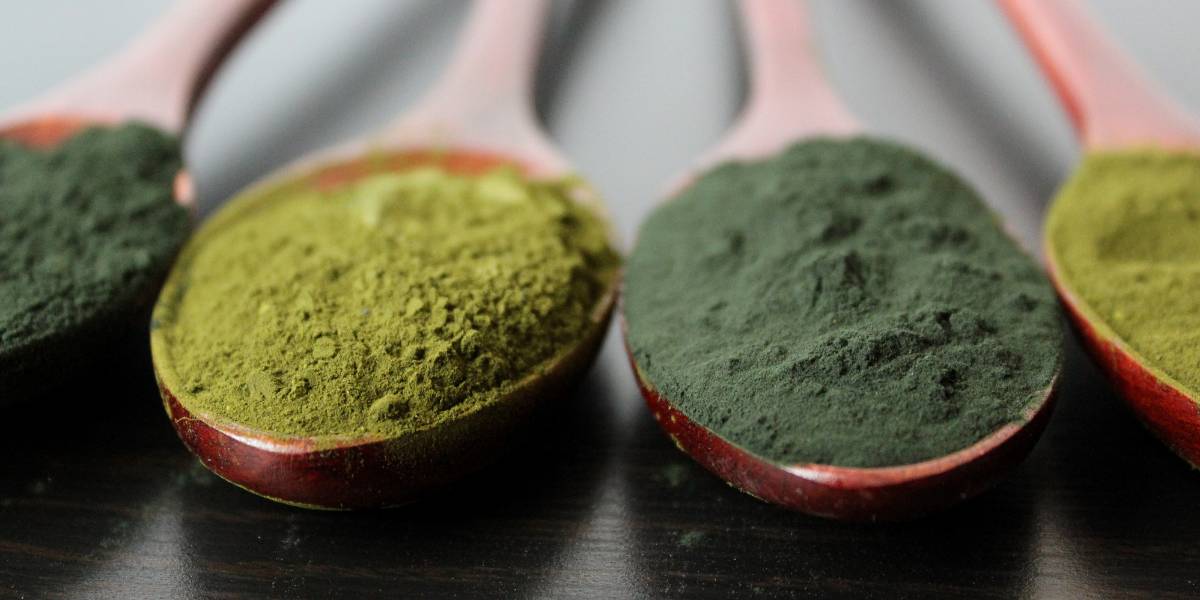Drinking beer has often been linked to having a larger belly, but nobody really asks why it goes straight to our midriff.
It is more common to see men with a beer belly as males hold excess fat around the stomach, whereas females tend to store it around the glutes.
Whilst lifestyle choices contribute to abdominal fat, high levels of the stress hormone cortisol can also lead to a bigger belly.
Nutritionist Jenna Hope said: “An accumulation of fat around the middle is often due to an overconsumption of high-calorie foods and drinks.
- Over 65 and fatigued: get tested for vitamin B12 deficiency
- People who stay up late, snore and nap are at greater risk of fatty liver disease
“Beer fits into this category, and it’s easy to drink a couple of thousand calories more than you need every week.”
She added: “On top of that, the overconsumption of high-sugar, high-fat foods that often go hand in hand with a drinking habit will also contribute to higher body fat.
“A more firm overweight abdomen can be indicative of a higher level of visceral fat, which is where the fat tissue has accumulated around vital organs.”
She evaluated: “A softer overweight abdomen indicates a higher percentage of subcutaneous fat tissue, which is where the fat tissue is closer to the skin.
“While it’s recommended to try to avoid both, visceral fat is believed to be a greater risk of poor health and disease later on in life.”
Prior research has suggested that an individual’s genetics might put them more at risk of developing belly fat.
Previous studies have also found that excess refined carbohydrates can also lead to you storing more fat around the midriff.
It is important to prevent belly fat from developing as it is linked to some health conditions, such as certain types of cancer and type 2 diabetes.
- Fats found in Nordic diet play ‘significant’ role in health
- Proccessed and ultra-processed foods: how do they affect your health?
According to experts, running and rowing can combat the accumulation of fat around the abdomen.
Apparently, aerobic exercise is more effective at reducing visceral fat compared to lower-intensity exercise or lifting weights.
Jenna noted: “Where possible, try to reduce alcohol intake and particularly beer consumption. Also, try to avoid high-sugar, high-salt foods that are easy to overeat – and, where possible, try to incorporate more vegetables into your meals as this can help to keep you fuller for longer due to the fibre content.
“Similarly, incorporating beans and pulses into your diet is a great way to increase your lean protein and fibre intake, which will help to stabilise blood sugar levels.”
People are also advised to stay hydrated as this can sometimes be mistaken for hunger, experts have said.





